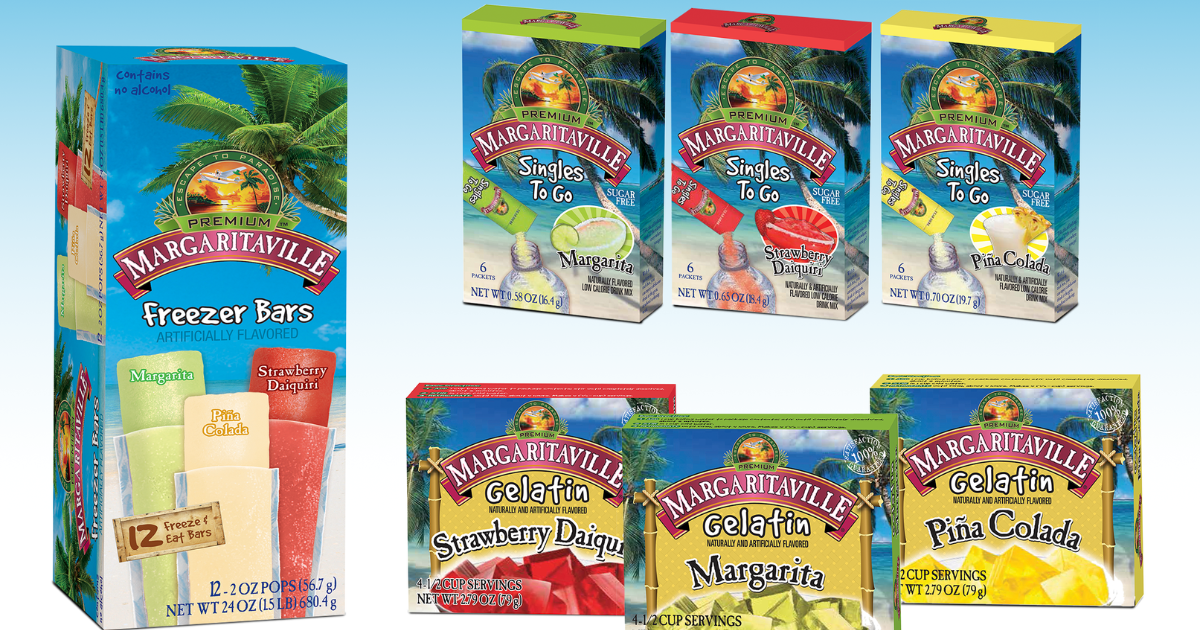Navigating the Path to Licensing

As the number of brands grows at a rapid clip, manufacturers and retailers are enlisting expert advice to help them navigate the path to licensing.
These experts—largely licensing agencies and consultants—are matchmakers of sorts, bringing together brands and prospective licensees (manufacturers and retailers) to develop products. And while the manufacturers’ rep business isn’t new, it has grown in importance as the number of brands and product categories has expanded.
“The variety is all over the place and [the question becomes] how do we target categories that manufacturers can be in and drive home that message of the strength of brands,” said Maya Kobray, Associate VP for Brand Management at Beanstalk. “It is finding manufacturers in the sweet spot of having production underway and retail relationships, and recognizing the value of a brand they can partner with or having the retailer driving that decision as well.”
For example, Brand Central brought drink mix supplier Jel Sert Co. and fast-food chain Sonic, a newcomer to licensing, together to create 0.54-ounce cherry limeade, strawberry lemonade, and ocean water mixes.
Beanstalk worked with Vision Ease to secure a license for Beiersdorf’s Coppertone brand for polarized lenses and with housewares supplier Epoca on deals for Meredith Corp.’s Cooking Light and Buzzfeed’s Tasty and Goodful labels.
Brandgenuity also has a manufacturer’s rep business, and The Licensing Shop is launching one in Canada as it shifts from representing licensors. In all cases, the agencies receive a fee or royalty for successfully pairing brands and licensees, but generally the deals follow the guidelines of a standard agreement.
“There is more competition than ever before and there are more companies looking to get into licensing that don’t know how and where to begin,” said Liza Abrams, who heads the manufacture’s rep business at Brand Central. “Retailers also are noticing, and buyers are looking for brands. Consumers also may have less disposable income, so a brand they recognize gives them comfort in a sea of choices.”
The manufacturer’s rep business has also benefitted from the surge in collaborations, many of them limited-time offers, designed pique consumer interest and perhaps establish a brand well beyond a promotion’s expiration.
“Many times, the brands want to get a big bounce and excitement [and that buzz] may just be around for a short time, but it’s enough to drive awareness to their site, product, or core business,” Abrams said. “For licensors, it has been a question what else can be done to drive business. Everyone is more cautious in developing incremental business, [so it’s about finding ways to] create some excitement without a huge amount of R&D and to reach new consumers.”
From a licensee perspective, the allure of a manufacturer’s rep lies in a ready-made list of clients and brands that helps speed product development in expanding or complementing a core business, industry experts said. In the case of Jel Sert, this business model has resulted in deals with Mars, Hershey, Sonic, and Margaritaville.
And while agencies and consultants may in some cases be working both ends of a deal in representing the licensor and licensee, there is a benefit to having continuity, licensees said.
“The biggest partnerships we have are the ones where the agency represents both sides because while there is some potential for conflict, it helps you meet the middle ground in negotiations and build strong relationships because the agent is speaking with both parties every day in an ethical manner,” said Nancy Samani, VP of Licensing at Jel Sert.




